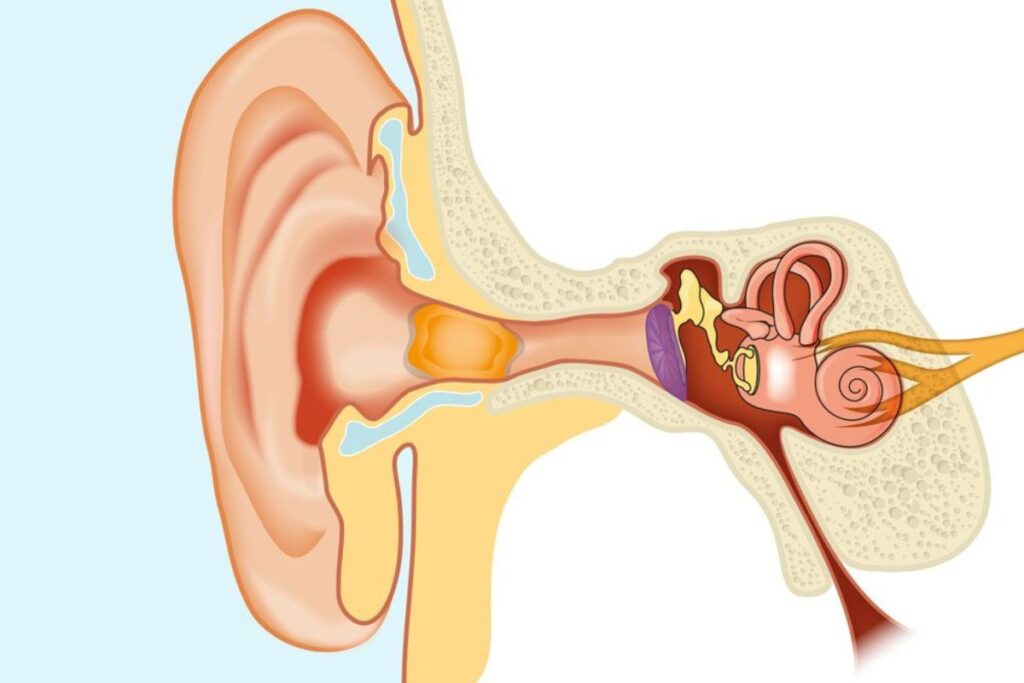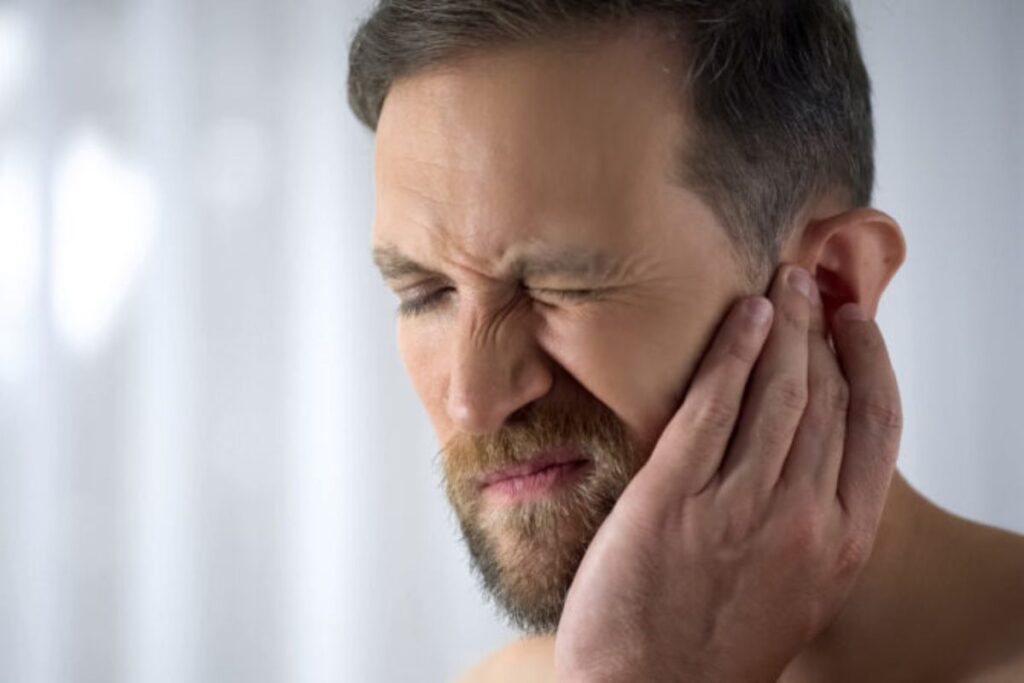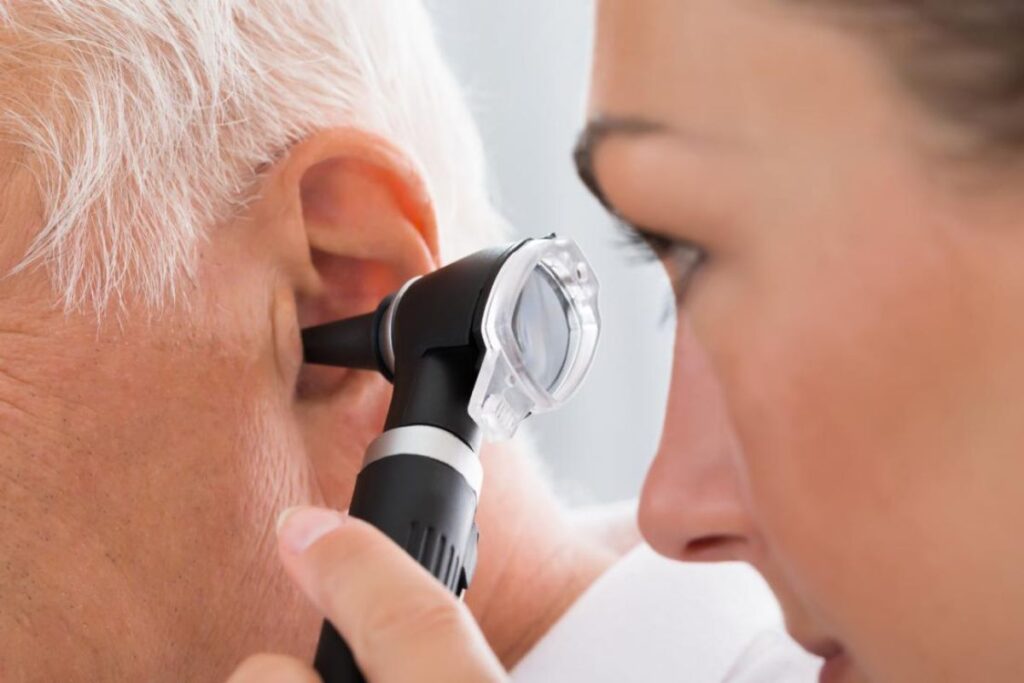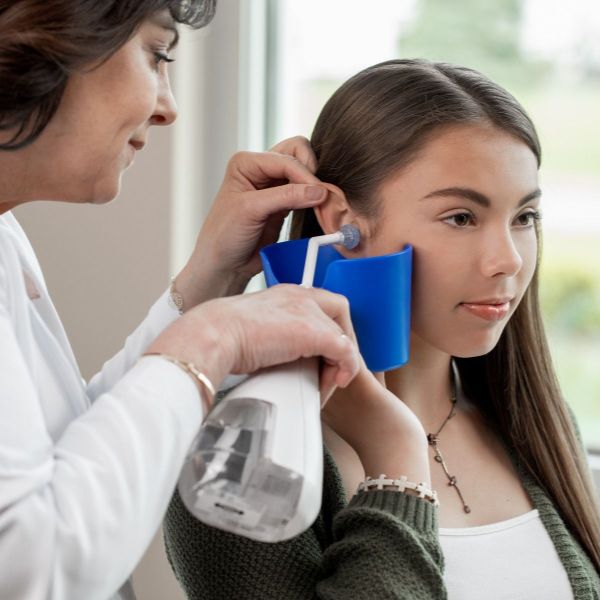Earwax
About Earwax
The main purpose of earwax is to protect the ear from getting damaged or infected.
Earwax also helps carry dust particles outwards, keeping the ear clean and repelling water.


Symptoms Of Earwax
- Earaches & itchiness
- Tinnitus
- Coughing in some rare cases
Causes Of Earwax
Everybody produces earwax, some produce more than others, and in some cases it causes blockages.
People at the highest risk for earwax blockages are:
- Hairy or narrow ear canals
- The use of earbuds and hairpins in their ears, wear earplugs or hearing aids
- Patients being prone to producing more dry, hard wax, due to the lack of sebaceous fluid produced.


Diagnosis
Diagnosis can be done simply using an otoscope, which consists of a magnifying glass and by a trained professional.
Diagnosis
Earwax Removal Treatments
There are two effective treatments for earwax removal

EAR DROPS
Earwax can be removed using some ear drops, which cause the wax to go soft and to protrude outwards naturally.

WAX REMOVAL
Ear irrigation is another method to remove wax in which a pressurised flow of water is used to prevent damage to the ear.
If you would like to know more or book in for an earwax removal treatment, just click the button below.
Earwax Removal Treatments
There are two effective treatments for earwax removal

EAR DROPS
Earwax can be removed ear drops, which cause the wax to go soft and to protrude outwards naturally.

WAX REMOVAL
Ear irrigation is another method to remove wax in which a pressurised flow of water is used to prevent damage to the ear.
Book your ear assessment today
A Note From HearEasy
Your ears are important. You can do several things to make sure they stay healthy by protecting them from injury, keeping the outsides clean, and paying attention to how well you’re hearing. don't put foreign objects in yours as professionals we are hear to help.
